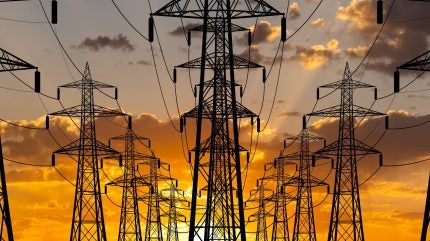
Electrification should not be seen as oil’s “great rival” and energy sources are not “locked in a zero-sum game”, according to HE Haitham Al Ghais, OPEC secretary general.
Al Ghais, a Kuwaiti national who became head of the oil body in August 2022, also pointed to some of the “myths perpetuated about the energy industry, that electrification and oil operate in silos, sealed off from one another, as they engage in an existential struggle”.
He added that the organisation “does not believe that energy sources are locked in a zero-sum game; nor can the history of energy be reduced to a succession of ‘energy replacement events’.”
In a statement published on OPEC’s website on Monday evening, he argued that the reality is that oil does not operate in isolation, “cut off from other sectors and industries”.
However, the versatility of petroleum and petroleum-derived products means that they play an “indispensable role in a host of other sectors and industries”, he said, citing oil products used in “wind turbines and solar panels”.
He also pointed to the petroleum products used in the transmission of electricity via cables, control systems, overhead lines, pylons, substations and transformers.

US Tariffs are shifting - will you react or anticipate?
Don’t let policy changes catch you off guard. Stay proactive with real-time data and expert analysis.
By GlobalData“Underground electric cables need insulation,” he wrote, and typical materials used for this purpose include “petroleum-derived products such as cross-linked polyethylene, polyvinyl chloride and cross-linked ethylene-propylene polymer”.
He also cited the operation of electrical transformers, and the necessity of transformer oil, which ensures they can function at a stable temperature.
The quantity of the materials required for electrification, a cornerstone of most net zero plans, must also be considered, he said.
The world currently generates around 30,000 terawatt-hours (TWh) of electricity. However, this would need to increase up to a possible 130,000TWh to achieve net zero greenhouse gas emissions by 2050.
He added: “To put it simply, calls to halt new investments in oil projects jeopardises the production of oil products essential for the smooth functioning and expansion of the electricity grid.”



